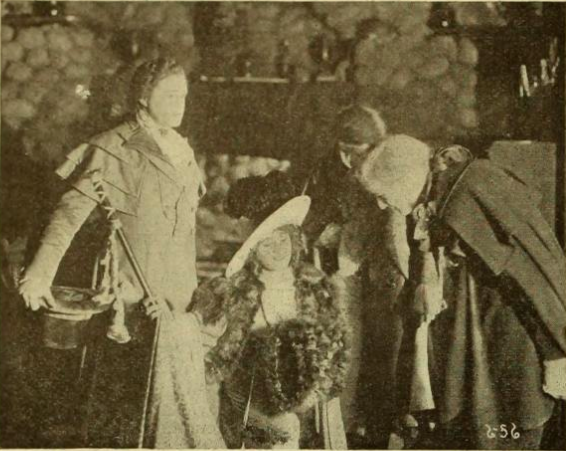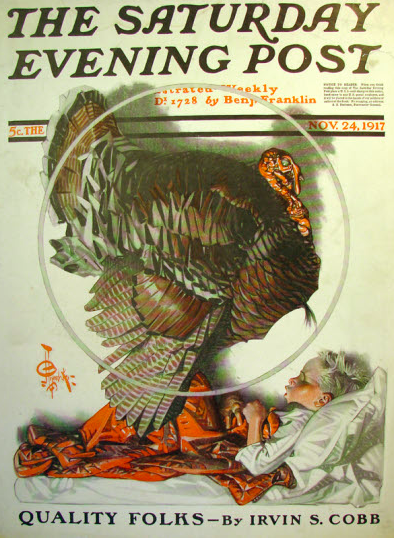
Even though the Thanksgiving holiday (November 29th in 1917) brought a slow news week, Kingsley didn’t take time off. She gave her readers some cheerful little stories about the stars.
The last bits of the truly imaginative ballyhoo around Theda Bara were being swept away:
At last Theda Bara has told her real name! Not in reckless confidence, however but to a New York court, and in order to have her stage name legalized. The truth about Miss Bara’s name, as revealed in the proceedings, is that it is Theodosia Goodman…And however could a person with such a nice, innocent name as Theodosia Goodman ever expect to become a high-power vampire? The court took one look at Miss Bara and decided that Theodosia wasn’t the name for her at all.
Kingsley also mentioned that Miss Bara was born in Cincinnati, not in the Sahara Desert under the eye of the Sphinx, etc.
Now I suspect the name Theodosia will have a revival, as we all sing along with Mr. Odom.
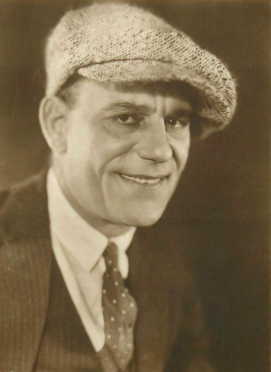
According to a recent Stuff you Missed in History Class podcast on Lon Chaney, he wanted to keep his private life out of the press. However, Kingsley managed to run a story that didn’t intrude on that at all:
It was one of those warm days last week, and the scene was the café at Universal City. Enter Lon Chaney for his noon pork-and-bean rations, clad in heavy Eskimo clothing and perspiring freely. ‘What’s the matter, Lon?’ called out a friend. ‘Well,’ said Lon, ‘the matter is I’m in Alaska—but I don’t know it!

Norma Talmadge revealed one way to keep the audience in their seats. She told Kingsley that when she and her sisters were little “we used to give shows in our cellar. Constance and Natalie and I, we had a very good way of keeping our audiences in until the show was finished. We simply locked the door.”

Kingsley’s favorite film this week was The Regenerates, which was “surprisingly human and natural, and more than this, it has a fresh and ingenious plot, and there is hardly a superfluous foot of film in the whole thing.” She used it as a stick to beat up other films:
One hardly ever enters the theater with the idea of seeing logic or good sense or naturalness portrayed—that is, one doesn’t expect or demand them. Wherefore, when a picture appears in which characters act like reasonable human beings, viz., sin a bit, repent a bit, love a bit, hate a bit, are sometimes wise and sometimes foolish, and otherwise refuse to be either incarnate virtue or incarnate vice, one registers surprise.
Now the plot summary sounds like it was anything but natural (which just shows what the other films Kingsley was watching were like). It’s so convoluted that it defies summation, so here’s what the AFI Catalog says:
Mynderse Van Dyun, a wealthy old New York aristocrat, has one goal in life, to see his granddaughter Catherine and grandson Pell married; for, although they are cousins, the marriage would perpetuate the family name. Catherine, however, is in love with Paul La Farge and detests her drug-addicted cousin, who seduces and then secretly marries her maid, Nora Duffy. After a son is born to Nora, who dies in childbirth, the infant is taken to the Van Dyun house where, only a few days before, Pell, in a dispute involving drugs, had been thrown from a window by his valet and killed. When the old man refuses to acknowledge the child, Catherine and Paul adopt the baby, leave the Van Dyun house and are married. Five years later, Catherine comes to visit the old man with his great-grandson, and, seeing what a fine boy he is, the old aristocrat is forced to admit that the boy is worthy of bearing his name.
It’s been preserved at the Library of Congress and at the Eastman House.
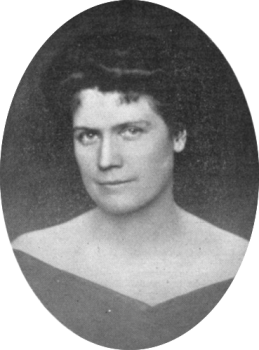



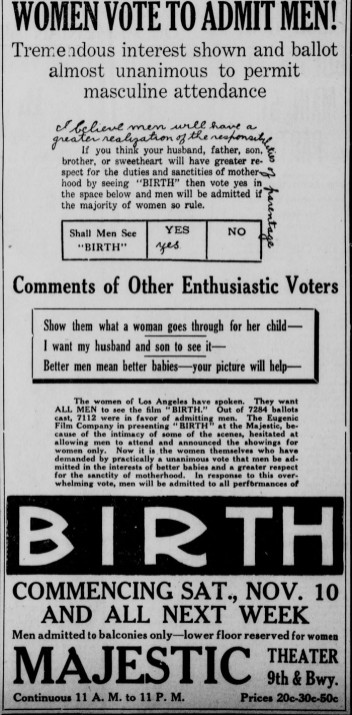

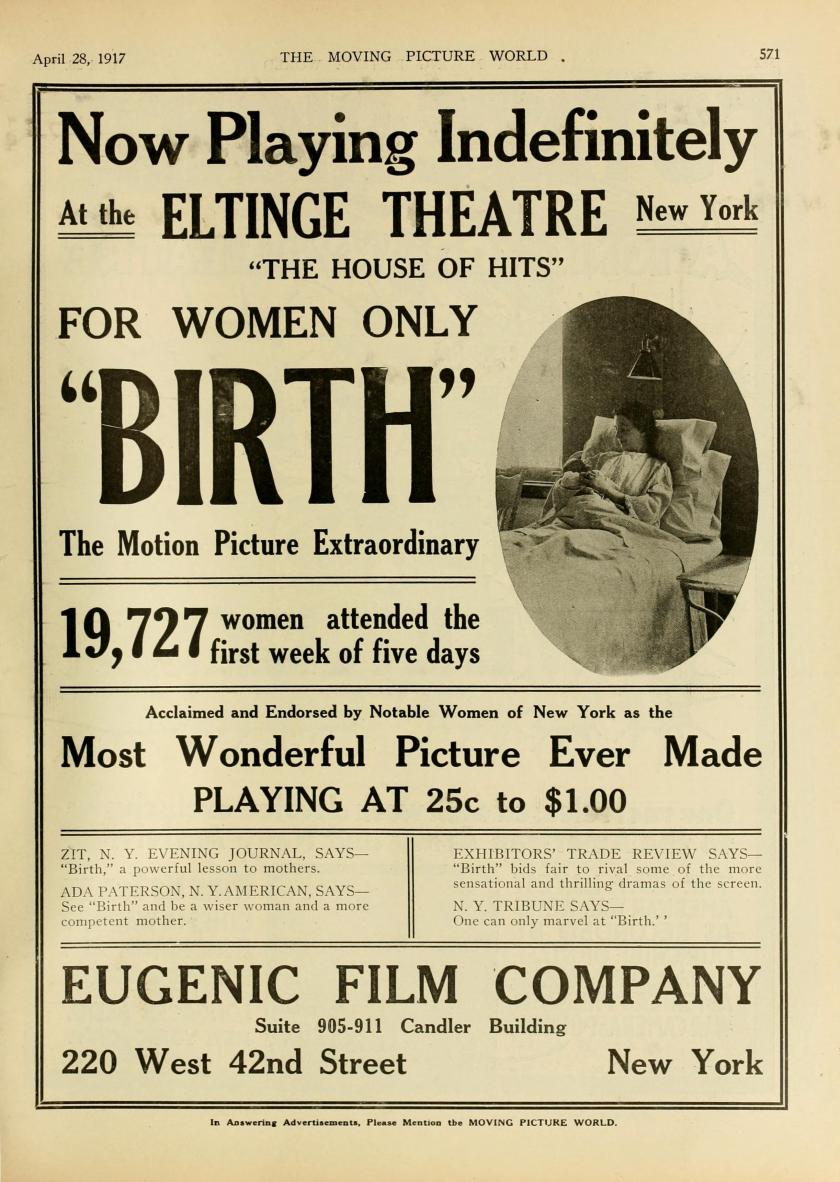









 1917 Thanksgiving menu for Camp Williams, France, from the
1917 Thanksgiving menu for Camp Williams, France, from the 











 Griffith gave lots of interviews about his trip, and several of them have been collected in the
Griffith gave lots of interviews about his trip, and several of them have been collected in the 

